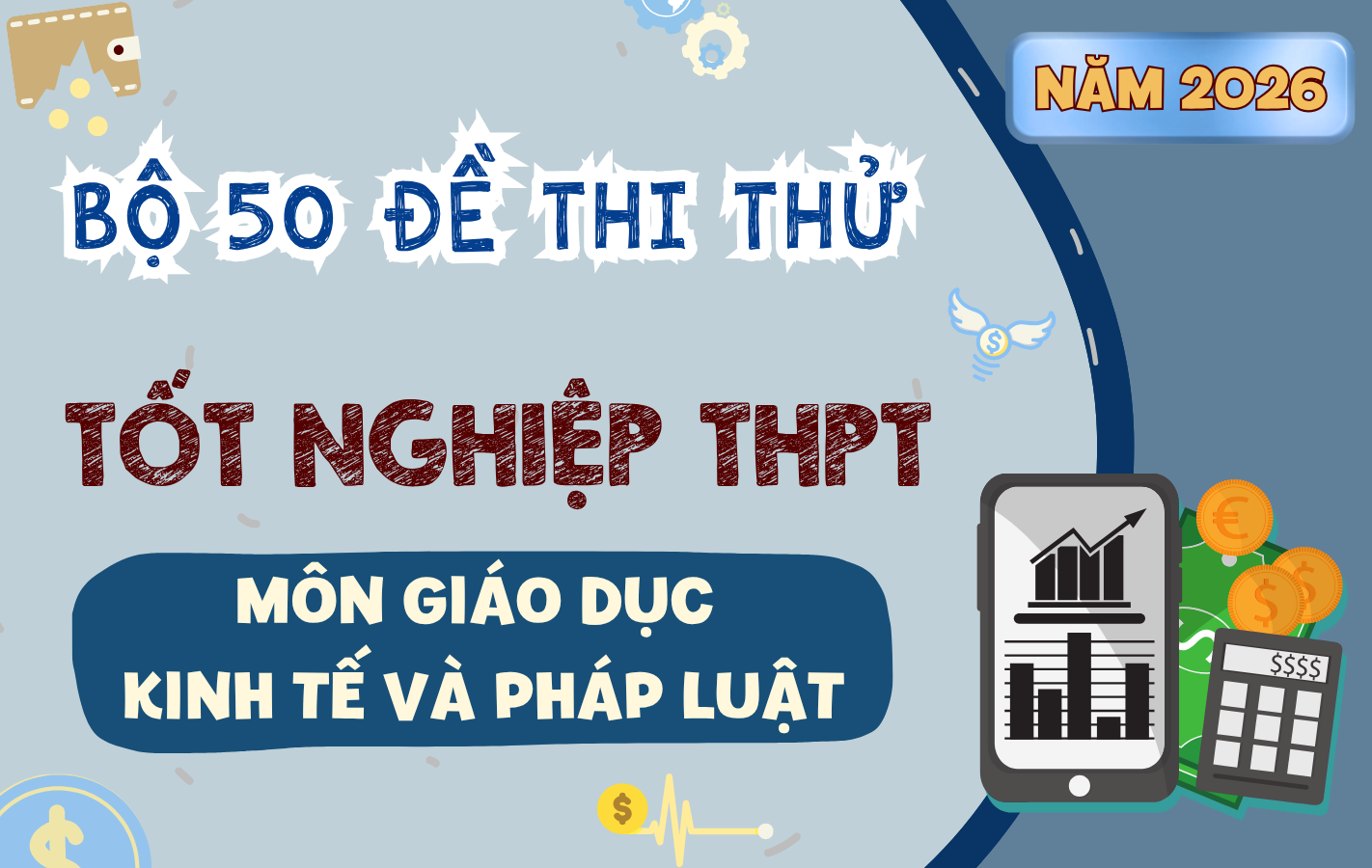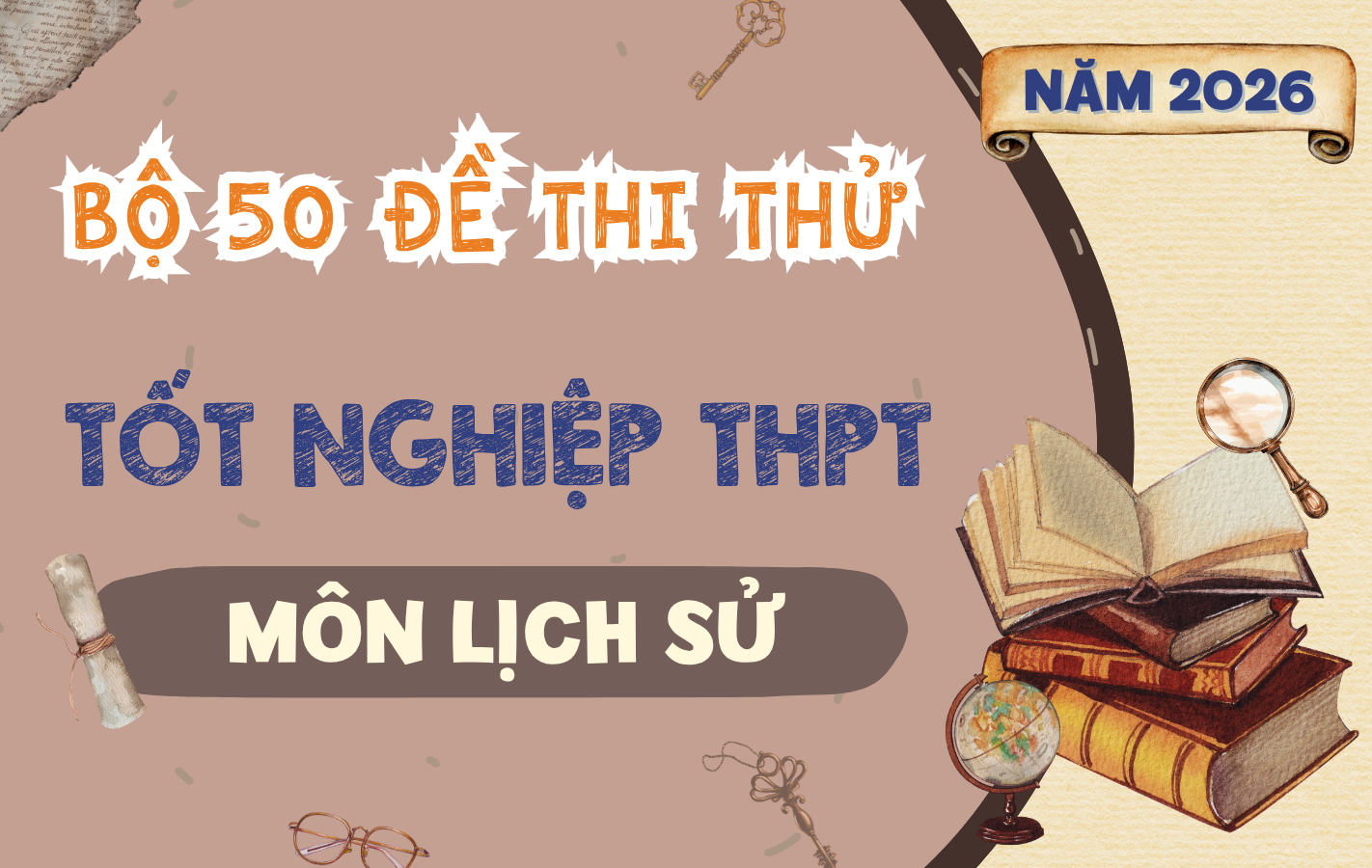Câu hỏi:
Read the following passage about Singapore Science Centre and mark the letter A, B, C, or D on your answer sheet to indicate the best answer to each of the following questions from 23 to 30.
The Singapore Science Centre, situated on a sprawling six-hectare site in Jurong, offers a captivating way to explore the wonders of science and technology. Here, visitors can engage with interactive exhibits that make learning both fun and memorable. Clap your hands, and colorful bulbs will light up; spin a wheel, and it will activate a fan. This engaging environment sparks curiosity and fuels the imagination of both children and adults.
The centre boasts more than four hundred exhibits across various fascinating topics, including solar radiation, communication, electronics, mathematics, nuclear energy, and evolution. These exhibits are designed to foster interest in science and technology among the public, making the centre a hub for educational exploration.
Notably, it is the first science centre to be established in Southeast Asia. Officially opened in 1977, the centre now welcomes an average of 1,200 visitors daily, highlighting its enduring popularity and educational value.
The exhibits are thoughtfully arranged across four main galleries: the Lobby, Physical Sciences, Life Sciences, and Aviation. To ensure a fresh and engaging experience, the exhibits are renewed annually, encouraging repeat visits. Visitors are encouraged to interact with the exhibits, as opposed to traditional “hands-off” policies in most museums. Here, pushing buttons, turning cranks, or pedaling mechanisms are all part of the fun and learning experience.
The Discovery Centre, added in 1985, is specially designed for children aged three to twelve, providing an exciting space for young minds to explore and experiment. Most recently, a stone-age exhibit was introduced, showcasing extinct animals and early human life, offering insights into prehistoric times.
With its interactive displays and immersive environment, the Singapore Science Centre continues to inspire a love for science and discovery, making it an unforgettable destination for learners of all ages.
The word hands-off in paragraph 3 could be best replaced by______.
Đáp án đúng: C
Đáp án đúng là C
A. tương tác
B. có thể tránh được
C. hạn chế
D. được phép
Giải thích:
Xét về nghĩa, C là hợp lí
Câu hỏi này thuộc đề thi trắc nghiệm dưới đây, bấm vào Bắt đầu thi để làm toàn bài
Bộ đề thi giúp học sinh lớp 12 làm quen với cấu trúc và nội dung đề thi tốt nghiệp THPT môn Tiếng Anh năm 2025. Đề thi được xây dựng theo định hướng của Bộ GD ĐT, bao gồm các phần Ngữ âm, Từ vựng - Ngữ pháp, Chức năng giao tiếp, Kỹ năng đọc hiểu, Kỹ năng viết và Phát âm - Trọng âm. Hệ thống câu hỏi đa dạng, bám sát chương trình học, giúp học sinh rèn luyện kỹ năng làm bài và nâng cao tư duy ngôn ngữ. Đáp án chi tiết đi kèm hỗ trợ học sinh tự ôn tập, đánh giá năng lực và chuẩn bị tốt nhất cho kỳ thi quan trọng.
Câu hỏi liên quan
Đáp án đúng là A
Giải thích:
Thông tin ở đoạn cuối: With its interactive displays and immersive environment, the Singapore Science Centre continues to inspire a love for science and discovery, making it an unforgettable destination for learners of all ages.
Suy ra, its nhắc đến the Singapore Science Centre
A đúng
Read the following passage about lifelong learning and mark the letter A, B, C, or D on your answer sheet to indicate the best answer to each of the following questions from 31 to 40.
My father was an enthusiastic traveller, but as he got older, he increasingly suffered from what he called “travel fever,” a vivid term for the acute anxiety felt before a journey, essentially due to uncertainty about all the things that could go wrong. Sadly, this eventually stopped him from going on holiday. Then I, too, started to suffer similar apprehension, so I consulted a psychotherapist. She recommended a small piece of cognitive behavioural therapy, which involved acknowledging the mental and physical symptoms of anxiety, but telling myself that these were essentially indistinguishable from feelings of excitement about the prospect of a journey. This reframing of my feelings has been reasonably effective – it’s one way of dealing with uncertainty.
It’s not just the uncertainty of travel that we all have to face. None of us knows what is going to happen, or what is currently going on outside our immediate knowledge, or the vast majority of what has happened in the past. Uncertainty has been called the “conscious awareness of ignorance,” and there is a lot we are ignorant about. We must navigate through life without complete information, and this fundamental uncertainty is an inescapable aspect of human existence.
We all have to live with this uncertainty and, as a statistician, it’s been my job to try to analyse data and assess some of the risks we face. (I)But some deal with uncertainty with more equanimity than others. (II) Psychological studies, as well as our own experience, reveal a wide variation in people’s responses, including those that are cognitive (how we think), emotional (how we feel), and behavioural (what we do). (III)For example, when faced with uncertainty, do you deny it or acknowledge it, does it put the wind up you or make you courageous, do you try to avoid it or approach it?(IV)
Of course, your response may depend on the context, just as an individual’s appetite for risk-taking can vary across different areas of their lives. I have known people who seemed to take huge physical risks, yet were very cautious with money. Numerous scales have been developed to measure how well people can deal with uncertainty, based on responses to statements ranging from “Unforeseen events upset me greatly” to “When it’s time to act, uncertainty paralyses me.” Those who score highly, and find it difficult to tolerate uncertainty, may also be at increased risk of clinically significant anxiety and depression.
The word “vivid” in paragraph 1 is OPPOSITE in meaning to:
Đáp án đúng là A
Giải thích:
"Vivid" có nghĩa là rõ ràng, sống động. Nghĩa đối lập sẽ là "yếu ớt" hoặc "không rõ ràng."
A. Feeble không đúng vì "feeble" có nghĩa là “yếu, lờ mờ” => đối lập hoàn toàn với “vivid.”
B. Intense là đồng nghĩa với “vivid,” không phải nghĩa đối lập.
C. remarkable: “đáng kể” =>không phải nghĩa trái ngược phù hợp.
D. crucial : “quan trọng, thiết yếu”, không phải nghĩa trái ngược với “vivid”
Read the following passage about lifelong learning and mark the letter A, B, C, or D on your answer sheet to indicate the best answer to each of the following questions from 31 to 40.
My father was an enthusiastic traveller, but as he got older, he increasingly suffered from what he called “travel fever,” a vivid term for the acute anxiety felt before a journey, essentially due to uncertainty about all the things that could go wrong. Sadly, this eventually stopped him from going on holiday. Then I, too, started to suffer similar apprehension, so I consulted a psychotherapist. She recommended a small piece of cognitive behavioural therapy, which involved acknowledging the mental and physical symptoms of anxiety, but telling myself that these were essentially indistinguishable from feelings of excitement about the prospect of a journey. This reframing of my feelings has been reasonably effective – it’s one way of dealing with uncertainty.
It’s not just the uncertainty of travel that we all have to face. None of us knows what is going to happen, or what is currently going on outside our immediate knowledge, or the vast majority of what has happened in the past. Uncertainty has been called the “conscious awareness of ignorance,” and there is a lot we are ignorant about. We must navigate through life without complete information, and this fundamental uncertainty is an inescapable aspect of human existence.
We all have to live with this uncertainty and, as a statistician, it’s been my job to try to analyse data and assess some of the risks we face. (I)But some deal with uncertainty with more equanimity than others. (II) Psychological studies, as well as our own experience, reveal a wide variation in people’s responses, including those that are cognitive (how we think), emotional (how we feel), and behavioural (what we do). (III)For example, when faced with uncertainty, do you deny it or acknowledge it, does it put the wind up you or make you courageous, do you try to avoid it or approach it?(IV)
Of course, your response may depend on the context, just as an individual’s appetite for risk-taking can vary across different areas of their lives. I have known people who seemed to take huge physical risks, yet were very cautious with money. Numerous scales have been developed to measure how well people can deal with uncertainty, based on responses to statements ranging from “Unforeseen events upset me greatly” to “When it’s time to act, uncertainty paralyses me.” Those who score highly, and find it difficult to tolerate uncertainty, may also be at increased risk of clinically significant anxiety and depression.
The word “these” in paragraph 1 refers to:
Read the following passage about lifelong learning and mark the letter A, B, C, or D on your answer sheet to indicate the best answer to each of the following questions from 31 to 40.
My father was an enthusiastic traveller, but as he got older, he increasingly suffered from what he called “travel fever,” a vivid term for the acute anxiety felt before a journey, essentially due to uncertainty about all the things that could go wrong. Sadly, this eventually stopped him from going on holiday. Then I, too, started to suffer similar apprehension, so I consulted a psychotherapist. She recommended a small piece of cognitive behavioural therapy, which involved acknowledging the mental and physical symptoms of anxiety, but telling myself that these were essentially indistinguishable from feelings of excitement about the prospect of a journey. This reframing of my feelings has been reasonably effective – it’s one way of dealing with uncertainty.
It’s not just the uncertainty of travel that we all have to face. None of us knows what is going to happen, or what is currently going on outside our immediate knowledge, or the vast majority of what has happened in the past. Uncertainty has been called the “conscious awareness of ignorance,” and there is a lot we are ignorant about. We must navigate through life without complete information, and this fundamental uncertainty is an inescapable aspect of human existence.
We all have to live with this uncertainty and, as a statistician, it’s been my job to try to analyse data and assess some of the risks we face. (I)But some deal with uncertainty with more equanimity than others. (II) Psychological studies, as well as our own experience, reveal a wide variation in people’s responses, including those that are cognitive (how we think), emotional (how we feel), and behavioural (what we do). (III)For example, when faced with uncertainty, do you deny it or acknowledge it, does it put the wind up you or make you courageous, do you try to avoid it or approach it?(IV)
Of course, your response may depend on the context, just as an individual’s appetite for risk-taking can vary across different areas of their lives. I have known people who seemed to take huge physical risks, yet were very cautious with money. Numerous scales have been developed to measure how well people can deal with uncertainty, based on responses to statements ranging from “Unforeseen events upset me greatly” to “When it’s time to act, uncertainty paralyses me.” Those who score highly, and find it difficult to tolerate uncertainty, may also be at increased risk of clinically significant anxiety and depression.
Which of the following best paraphrases the underlined sentence in paragraph 2?
“Uncertainty has been called the “conscious awareness of ignorance,” and there is a lot we are ignorant about.”
Read the following passage about lifelong learning and mark the letter A, B, C, or D on your answer sheet to indicate the best answer to each of the following questions from 31 to 40.
My father was an enthusiastic traveller, but as he got older, he increasingly suffered from what he called “travel fever,” a vivid term for the acute anxiety felt before a journey, essentially due to uncertainty about all the things that could go wrong. Sadly, this eventually stopped him from going on holiday. Then I, too, started to suffer similar apprehension, so I consulted a psychotherapist. She recommended a small piece of cognitive behavioural therapy, which involved acknowledging the mental and physical symptoms of anxiety, but telling myself that these were essentially indistinguishable from feelings of excitement about the prospect of a journey. This reframing of my feelings has been reasonably effective – it’s one way of dealing with uncertainty.
It’s not just the uncertainty of travel that we all have to face. None of us knows what is going to happen, or what is currently going on outside our immediate knowledge, or the vast majority of what has happened in the past. Uncertainty has been called the “conscious awareness of ignorance,” and there is a lot we are ignorant about. We must navigate through life without complete information, and this fundamental uncertainty is an inescapable aspect of human existence.
We all have to live with this uncertainty and, as a statistician, it’s been my job to try to analyse data and assess some of the risks we face. (I)But some deal with uncertainty with more equanimity than others. (II) Psychological studies, as well as our own experience, reveal a wide variation in people’s responses, including those that are cognitive (how we think), emotional (how we feel), and behavioural (what we do). (III)For example, when faced with uncertainty, do you deny it or acknowledge it, does it put the wind up you or make you courageous, do you try to avoid it or approach it?(IV)
Of course, your response may depend on the context, just as an individual’s appetite for risk-taking can vary across different areas of their lives. I have known people who seemed to take huge physical risks, yet were very cautious with money. Numerous scales have been developed to measure how well people can deal with uncertainty, based on responses to statements ranging from “Unforeseen events upset me greatly” to “When it’s time to act, uncertainty paralyses me.” Those who score highly, and find it difficult to tolerate uncertainty, may also be at increased risk of clinically significant anxiety and depression.
Where in paragraph 3 would the following sentence best fit?
"This variation reflects the complexity of human psychology when facing unknown outcomes."
Read the following passage about lifelong learning and mark the letter A, B, C, or D on your answer sheet to indicate the best answer to each of the following questions from 31 to 40.
My father was an enthusiastic traveller, but as he got older, he increasingly suffered from what he called “travel fever,” a vivid term for the acute anxiety felt before a journey, essentially due to uncertainty about all the things that could go wrong. Sadly, this eventually stopped him from going on holiday. Then I, too, started to suffer similar apprehension, so I consulted a psychotherapist. She recommended a small piece of cognitive behavioural therapy, which involved acknowledging the mental and physical symptoms of anxiety, but telling myself that these were essentially indistinguishable from feelings of excitement about the prospect of a journey. This reframing of my feelings has been reasonably effective – it’s one way of dealing with uncertainty.
It’s not just the uncertainty of travel that we all have to face. None of us knows what is going to happen, or what is currently going on outside our immediate knowledge, or the vast majority of what has happened in the past. Uncertainty has been called the “conscious awareness of ignorance,” and there is a lot we are ignorant about. We must navigate through life without complete information, and this fundamental uncertainty is an inescapable aspect of human existence.
We all have to live with this uncertainty and, as a statistician, it’s been my job to try to analyse data and assess some of the risks we face. (I)But some deal with uncertainty with more equanimity than others. (II) Psychological studies, as well as our own experience, reveal a wide variation in people’s responses, including those that are cognitive (how we think), emotional (how we feel), and behavioural (what we do). (III)For example, when faced with uncertainty, do you deny it or acknowledge it, does it put the wind up you or make you courageous, do you try to avoid it or approach it?(IV)
Of course, your response may depend on the context, just as an individual’s appetite for risk-taking can vary across different areas of their lives. I have known people who seemed to take huge physical risks, yet were very cautious with money. Numerous scales have been developed to measure how well people can deal with uncertainty, based on responses to statements ranging from “Unforeseen events upset me greatly” to “When it’s time to act, uncertainty paralyses me.” Those who score highly, and find it difficult to tolerate uncertainty, may also be at increased risk of clinically significant anxiety and depression.
Which of the following is NOT mentioned as a factor influencing people’s responses to uncertainty in paragraph 3?
Read the following passage about lifelong learning and mark the letter A, B, C, or D on your answer sheet to indicate the best answer to each of the following questions from 31 to 40.
My father was an enthusiastic traveller, but as he got older, he increasingly suffered from what he called “travel fever,” a vivid term for the acute anxiety felt before a journey, essentially due to uncertainty about all the things that could go wrong. Sadly, this eventually stopped him from going on holiday. Then I, too, started to suffer similar apprehension, so I consulted a psychotherapist. She recommended a small piece of cognitive behavioural therapy, which involved acknowledging the mental and physical symptoms of anxiety, but telling myself that these were essentially indistinguishable from feelings of excitement about the prospect of a journey. This reframing of my feelings has been reasonably effective – it’s one way of dealing with uncertainty.
It’s not just the uncertainty of travel that we all have to face. None of us knows what is going to happen, or what is currently going on outside our immediate knowledge, or the vast majority of what has happened in the past. Uncertainty has been called the “conscious awareness of ignorance,” and there is a lot we are ignorant about. We must navigate through life without complete information, and this fundamental uncertainty is an inescapable aspect of human existence.
We all have to live with this uncertainty and, as a statistician, it’s been my job to try to analyse data and assess some of the risks we face. (I)But some deal with uncertainty with more equanimity than others. (II) Psychological studies, as well as our own experience, reveal a wide variation in people’s responses, including those that are cognitive (how we think), emotional (how we feel), and behavioural (what we do). (III)For example, when faced with uncertainty, do you deny it or acknowledge it, does it put the wind up you or make you courageous, do you try to avoid it or approach it?(IV)
Of course, your response may depend on the context, just as an individual’s appetite for risk-taking can vary across different areas of their lives. I have known people who seemed to take huge physical risks, yet were very cautious with money. Numerous scales have been developed to measure how well people can deal with uncertainty, based on responses to statements ranging from “Unforeseen events upset me greatly” to “When it’s time to act, uncertainty paralyses me.” Those who score highly, and find it difficult to tolerate uncertainty, may also be at increased risk of clinically significant anxiety and depression.
The phrase "put the wind up you" in paragraph 3 could be best replaced by_______

Bộ 50 Đề Thi Thử Tốt Nghiệp THPT Giáo Dục Kinh Tế Và Pháp Luật Năm 2026 – Theo Cấu Trúc Đề Minh Họa Bộ GD&ĐT

Bộ 50 Đề Thi Thử Tốt Nghiệp THPT Lịch Sử Học Năm 2026 – Theo Cấu Trúc Đề Minh Họa Bộ GD&ĐT

Bộ 50 Đề Thi Thử Tốt Nghiệp THPT Công Nghệ Năm 2026 – Theo Cấu Trúc Đề Minh Họa Bộ GD&ĐT

Bộ 50 Đề Thi Thử Tốt Nghiệp THPT Môn Hóa Học Năm 2026 – Theo Cấu Trúc Đề Minh Họa Bộ GD&ĐT

Bộ 50 Đề Thi Thử Tốt Nghiệp THPT Môn Sinh Học Năm 2026 – Theo Cấu Trúc Đề Minh Họa Bộ GD&ĐT

Bộ 50 Đề Thi Thử Tốt Nghiệp THPT Môn Vật Lí Năm 2026 – Theo Cấu Trúc Đề Minh Họa Bộ GD&ĐT
ĐĂNG KÝ GÓI THI VIP
- Truy cập hơn 100K đề thi thử và chính thức các năm
- 2M câu hỏi theo các mức độ: Nhận biết – Thông hiểu – Vận dụng
- Học nhanh với 10K Flashcard Tiếng Anh theo bộ sách và chủ đề
- Đầy đủ: Mầm non – Phổ thông (K12) – Đại học – Người đi làm
- Tải toàn bộ tài liệu trên TaiLieu.VN
- Loại bỏ quảng cáo để tăng khả năng tập trung ôn luyện
- Tặng 15 ngày khi đăng ký gói 3 tháng, 30 ngày với gói 6 tháng và 60 ngày với gói 12 tháng.